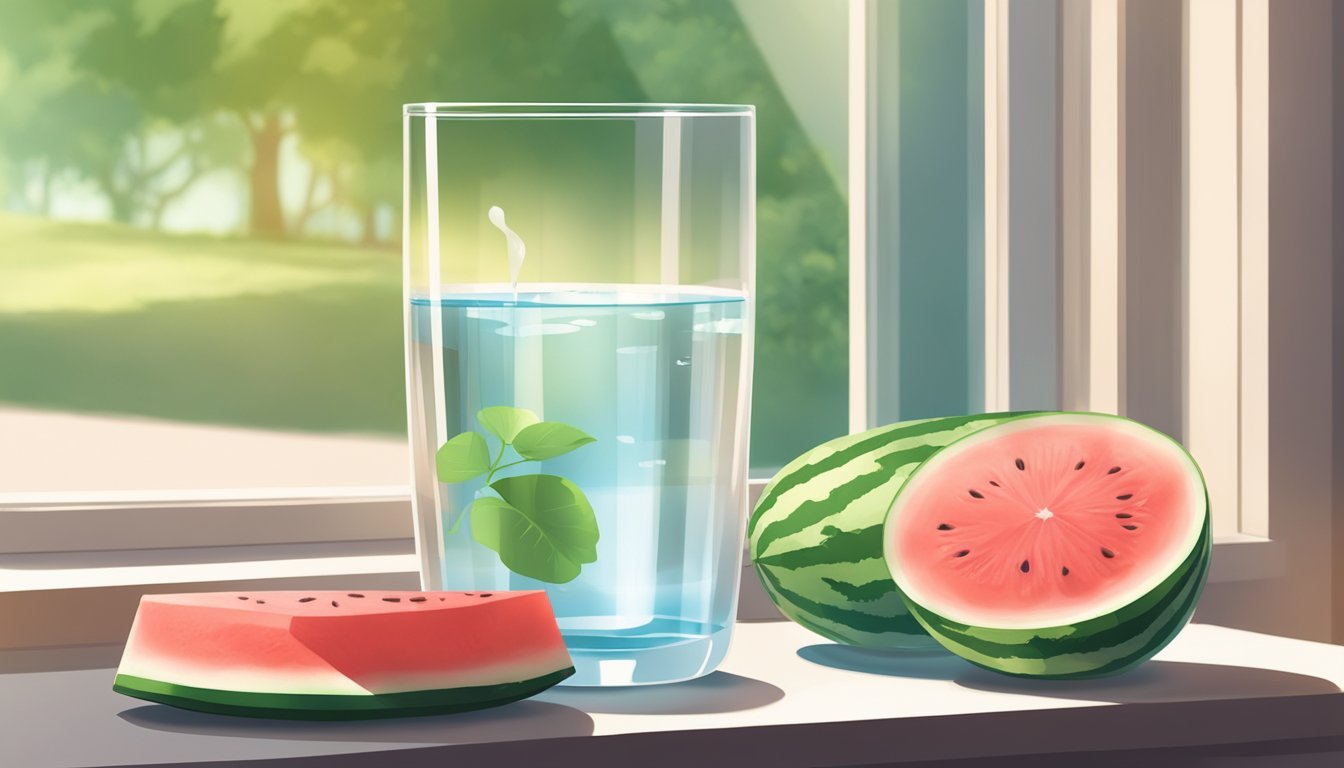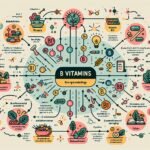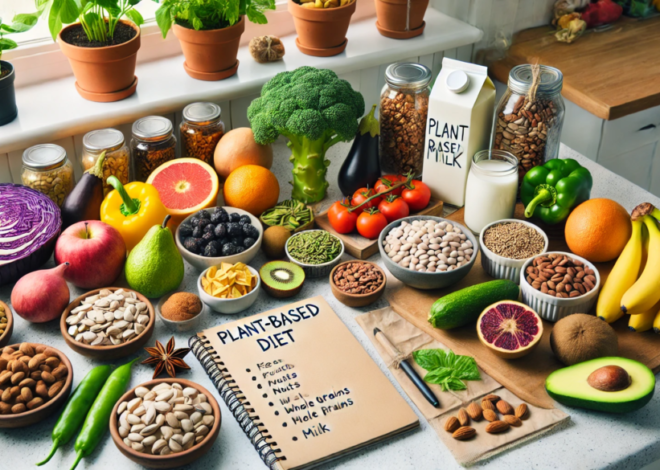
Hydration Tips: Importance of Water and Staying Hydrated
Staying hydrated is essential for maintaining good health and well-being. Water is the primary component of the human body, and it plays a vital role in many bodily functions. It helps regulate body temperature, transport nutrients and oxygen to the cells, and remove waste products from the body. Dehydration can lead to a range of health problems, including fatigue, headaches, dizziness, and constipation.
To stay hydrated, it is recommended that you drink at least eight glasses of water per day. However, the amount of water you need may vary depending on your age, gender, weight, and activity level. In addition to water, you can also get fluids from other sources, such as fruit juices, milk, and herbal teas. It is important to choose drinks that are low in sugar and caffeine, as these can cause dehydration.
In this article, we will provide you with some hydration tips to help you stay hydrated and healthy. We will discuss the importance of water and staying hydrated, and provide you with some practical tips to help you increase your water intake. Whether you are an athlete, a busy professional, or just looking to improve your health, these tips will help you stay hydrated and energized throughout the day.
Understanding Hydration
The Role of Water in the Body
Water is an essential nutrient that plays a vital role in the body. It makes up about 60% of your body weight and is involved in many important functions, such as regulating body temperature, transporting nutrients and oxygen to cells, removing waste, and lubricating joints. Water also helps to maintain blood pressure and supports the function of organs such as the kidneys, liver, and heart.
Signs of Dehydration
Dehydration occurs when your body loses more water than it takes in, and it can have serious consequences. Some common signs of dehydration include thirst, dry mouth, dark urine, fatigue, dizziness, and headache. In severe cases, dehydration can lead to heat exhaustion, heat stroke, or even death. It is important to drink enough water and other fluids throughout the day to prevent dehydration.
Benefits of Staying Hydrated
Staying hydrated has many benefits for your health. Drinking enough water can help to improve skin health, boost energy levels, prevent constipation, and reduce the risk of kidney stones. It can also help to improve cognitive function and mood, as well as support weight loss by reducing feelings of hunger.
To ensure you are staying hydrated, aim to drink at least 8 glasses of water per day, and more if you are active or in hot weather. You can also get water from foods such as fruits and vegetables, as well as other beverages like tea and coffee, although these should not be your primary source of hydration due to their diuretic effect.
Practical Hydration Strategies
Daily Water Intake Recommendations
Staying hydrated is crucial for maintaining good health. The amount of water you need to drink each day depends on various factors such as your age, sex, weight, activity level, and climate. The National Academies of Sciences, Engineering, and Medicine recommends that men should consume about 3.7 liters (125 ounces) of water per day, while women should consume about 2.7 liters (91 ounces) of water per day. However, these are just general guidelines and your individual water needs may vary.
To ensure that you are drinking enough water, you can use the color of your urine as an indicator. If your urine is pale yellow or clear, it means that you are well-hydrated. If your urine is dark yellow or amber, it means that you need to drink more water.
Hydration for Athletes and Active Individuals
Athletes and active individuals require more water than sedentary individuals to replace the fluids lost through sweat. It is recommended that athletes drink about 16-20 ounces of water 2-3 hours before exercising, and then 8-10 ounces of water every 10-20 minutes during exercise. After exercise, it is important to drink enough water to replace the fluids lost during exercise.
In addition to water, athletes can also drink sports drinks that contain electrolytes, such as sodium and potassium, to help replace the electrolytes lost through sweat. However, it is important to choose sports drinks that are low in sugar and calories.
Hydrating Foods and Their Benefits
In addition to drinking water, you can also hydrate your body by consuming foods that are high in water content. Some examples of hydrating foods include watermelon, cucumbers, strawberries, lettuce, and celery. These foods not only help hydrate your body but also provide important nutrients such as vitamins, minerals, and fiber.
Consuming foods that are high in water content can also help you feel fuller for longer, which can aid in weight loss. Additionally, these foods can help improve digestion and prevent constipation.
In conclusion, staying hydrated is essential for maintaining good health. By following the daily water intake recommendations, hydrating properly during exercise, and consuming hydrating foods, you can ensure that your body is getting the water it needs to function properly.
Frequently Asked Questions
What are the health benefits of staying adequately hydrated?
Staying hydrated has numerous health benefits, including regulating body temperature, lubricating joints, aiding digestion, and helping the body to flush out waste and toxins. Proper hydration also helps to maintain healthy skin, boost energy levels, and improve cognitive function.
How much water should an average adult drink daily to maintain proper hydration?
The amount of water an individual needs to drink daily to maintain proper hydration can vary depending on factors such as age, weight, activity level, and climate. However, as a general rule of thumb, the Institute of Medicine recommends that men drink about 3.7 liters (125 ounces) of water per day, and women drink about 2.7 liters (91 ounces) of water per day.
What are some effective strategies to increase water intake throughout the day?
If you struggle to drink enough water throughout the day, there are several strategies you can try to increase your intake. These include carrying a reusable water bottle with you wherever you go, setting reminders on your phone or computer to drink water at regular intervals, flavoring your water with fruits or herbs, and eating water-rich foods such as watermelon, cucumbers, and strawberries.
Can foods contribute to your daily hydration needs, and if so, which are most effective?
Yes, certain foods can help contribute to your daily hydration needs. Foods with high water content, such as watermelon, cucumbers, tomatoes, and lettuce, can help to keep you hydrated throughout the day. Additionally, soups and broths can also be effective in meeting your hydration needs.
What are the signs of dehydration and how can you recognize them?
The signs of dehydration can include thirst, dry mouth, dark yellow urine, fatigue, dizziness, and headaches. In severe cases, dehydration can also cause confusion, irritability, and even unconsciousness. It’s important to recognize these signs and take action to rehydrate by drinking water or other fluids.
How does hydration affect physical performance and cognitive function?
Proper hydration is essential for optimal physical performance and cognitive function. When you’re dehydrated, your body has to work harder to perform even simple tasks, which can lead to decreased physical performance and cognitive function. Staying hydrated can help to improve energy levels, increase endurance, and enhance mental clarity and focus.











